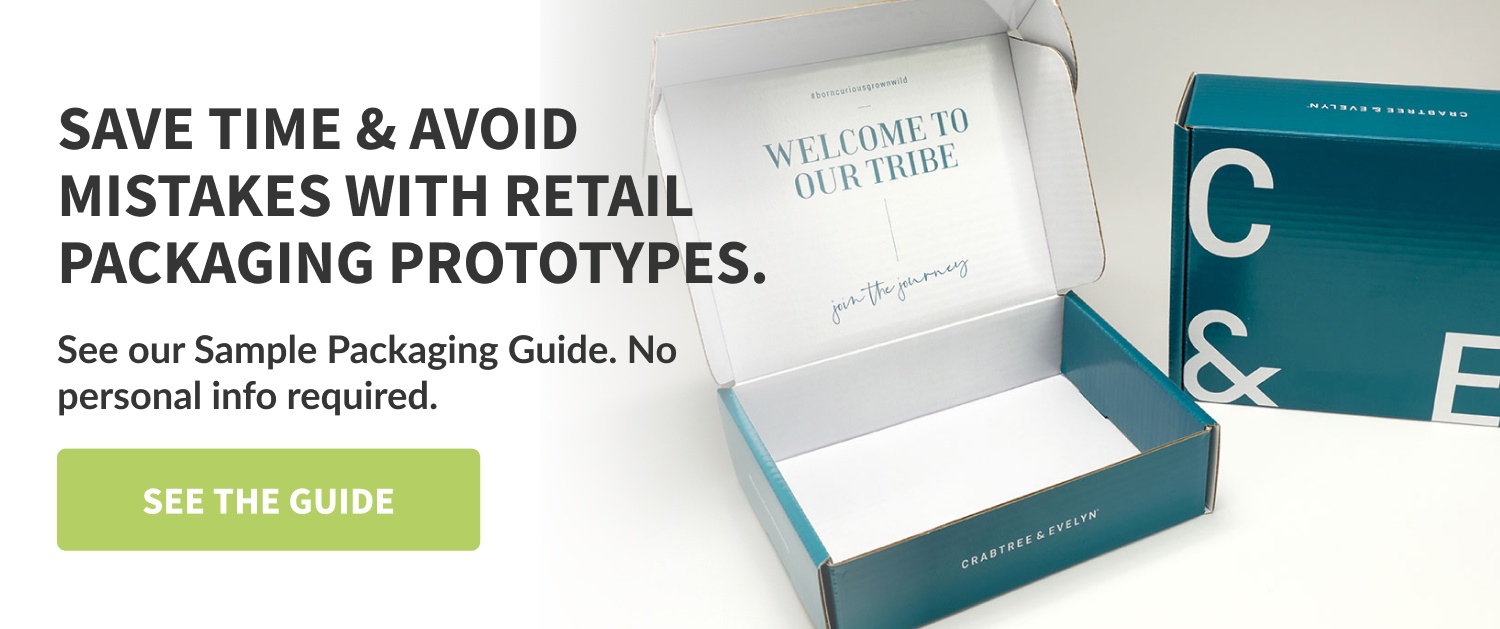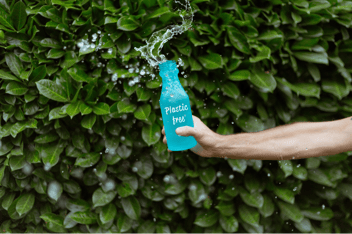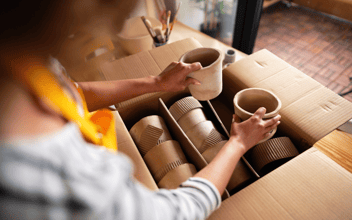Sustainability Sells: Mastering Sustainable Packaging Design Trends
In the world of package design and engineering, sustainability has taken center stage.
As consumers become increasingly aware of their environmental impact, the demand for sustainable packaging solutions has skyrocketed. As a business, your success depends on understanding sustainable packaging design trends and how they are reshaping the industry.
Boosting sales is ever more dependent on the intricate balance between creativity, functionality, and eco-consciousness. From innovative materials to mindful design practices, this article discusses the secrets behind mastering sustainable packaging that not only benefits the planet but also captures the attention of discerning consumers.
Sustainable Packaging: Is it More Expensive?
One common misconception surrounding sustainable packaging is that it comes with a hefty price tag. In reality, the cost of sustainable packaging has grown competitive and, in some cases, it is even more affordable than non-sustainable alternatives. As companies across industries recognize the importance of environmental responsibility, the demand for sustainable packaging has soared. This surge in demand has led to innovations in materials, manufacturing processes, and economies of scale, making sustainable packaging solutions more accessible and cost-effective than ever before.
Investing in sustainable packaging brings more than just environmental benefits. It aligns your brand with the values and expectations of consumers who actively seek out eco-friendly options. By meeting this demand, your business gains a competitive edge and establishes itself as a responsible steward of the environment. Customers are not only more likely to choose products packaged sustainably but also to develop a deeper sense of loyalty to your brand.
Consider the long-term benefits and potential return on investment that come with adopting sustainable packaging practices. Sustainable packaging continues to gain traction. The market is becoming more diverse and cost-efficient, providing businesses with a range of options to suit their specific needs and budgets.
How Can I Make My Sustainable Packaging Stand Out?
With a growing number of companies adopting sustainable packaging practices, it's essential to find ways to make your packaging resonate with customers. Here are a few strategies to make your product stand out:
-
Innovative Materials: Explore innovative and eco-friendly materials that go beyond traditional options. Consider using biodegradable or compostable materials, recycled or upcycled materials, or even plant-based alternatives. These materials not only align with sustainability goals but also demonstrate your commitment to pushing boundaries and offering something distinctive.
-
Creative Design: Embrace creative and eye-catching design elements that make your packaging visually appealing. Consider unique shapes, vibrant colors, and engaging graphics that reflect your brand identity and convey a sense of sustainability. Thoughtful design can instantly capture the attention of consumers and communicate the eco-conscious values your packaging embodies.
-
Storytelling: Use your packaging as a storytelling platform to connect with customers on a deeper level. Incorporate informative and compelling messages about the sustainable features of your packaging, the environmental benefits it provides, and the steps your company takes to reduce its ecological footprint. By sharing your sustainability journey, you create an emotional connection with customers, fostering trust and loyalty.
-
Transparent Communication: Be transparent about your sustainable packaging choices. Clearly communicate your commitment to sustainability, including details about the materials used, certifications obtained, and eco-friendly practices implemented throughout the packaging process. This transparency builds credibility and allows customers to make informed choices that align with their values.
-
Engage and Educate: Go beyond the packaging itself and engage with customers through educational content and interactive experiences. Utilize QR codes, augmented reality, or online platforms to provide additional information about sustainable practices, recycling instructions, or tips for reducing waste. By educating and involving customers, you create a sense of community and empower them to be active participants in the sustainability journey.
Standing out in a crowded market requires creativity, authenticity, and a genuine commitment to sustainability. You’ll also want to make sure you’re staying up to speed about current trends to remain competitive in the market.
Three Sustainable Packaging Design Trends
Here are a few current sustainable trends to get the wheels turning:
-
Zero-waste packaging is an emerging packaging design trend that aims to eliminate waste throughout the entire lifecycle of a product. This approach seeks to minimize or eliminate the use of materials that cannot be easily recycled or composted, such as single-use plastics. Instead, zero-waste packaging focuses on using materials that are reusable, recyclable, or compostable, ensuring that no waste ends up in landfills or the environment. It often involves innovative design techniques like package redesign, biodegradable materials, or refillable or reusable options. The zero-waste packaging trend highlights the importance of sustainability and encourages brands to rethink their packaging strategies, offering consumers environmentally friendly choices while reducing their ecological footprint.
-
Reusable and Refillable Packaging: Another prominent trend is the emphasis on reusable and refillable packaging solutions. This approach encourages customers to actively participate in reducing waste by offering packaging that can be reused multiple times or refilled with the product. By incorporating durable materials and innovative closures, brands can create packaging that is both functional and environmentally friendly, inspiring customers to adopt a more sustainable lifestyle.
-
Biodegradable and Compostable Materials: The use of biodegradable and compostable materials continues to be a significant trend in sustainable packaging design. These materials, derived from renewable sources such as plant fibers or algae, break down naturally in the environment without causing harm. They offer an eco-friendly alternative to traditional plastic packaging and align with the growing consumer demand for sustainable options. Incorporating biodegradable and compostable materials not only reduces environmental impact but also sends a powerful message about a brand's commitment to sustainability.
These trends not only showcase your commitment to the environment but also create a visually appealing and engaging packaging experience that resonates with customers seeking sustainable solutions.
Related Content: Plastic Free Packaging: How to Sustainably Package Your Products
Takeaway
Sustainable packaging is no longer a luxury or niche market—it has evolved into a viable, accessible, and customer-driven solution. By embracing sustainable packaging practices, your company not only contributes to the preservation of the environment but also positions itself for long-term success and growth. The cost-effectiveness, coupled with the customer demand for eco-friendly options, makes sustainable packaging a smart investment that benefits both the planet and your business.






